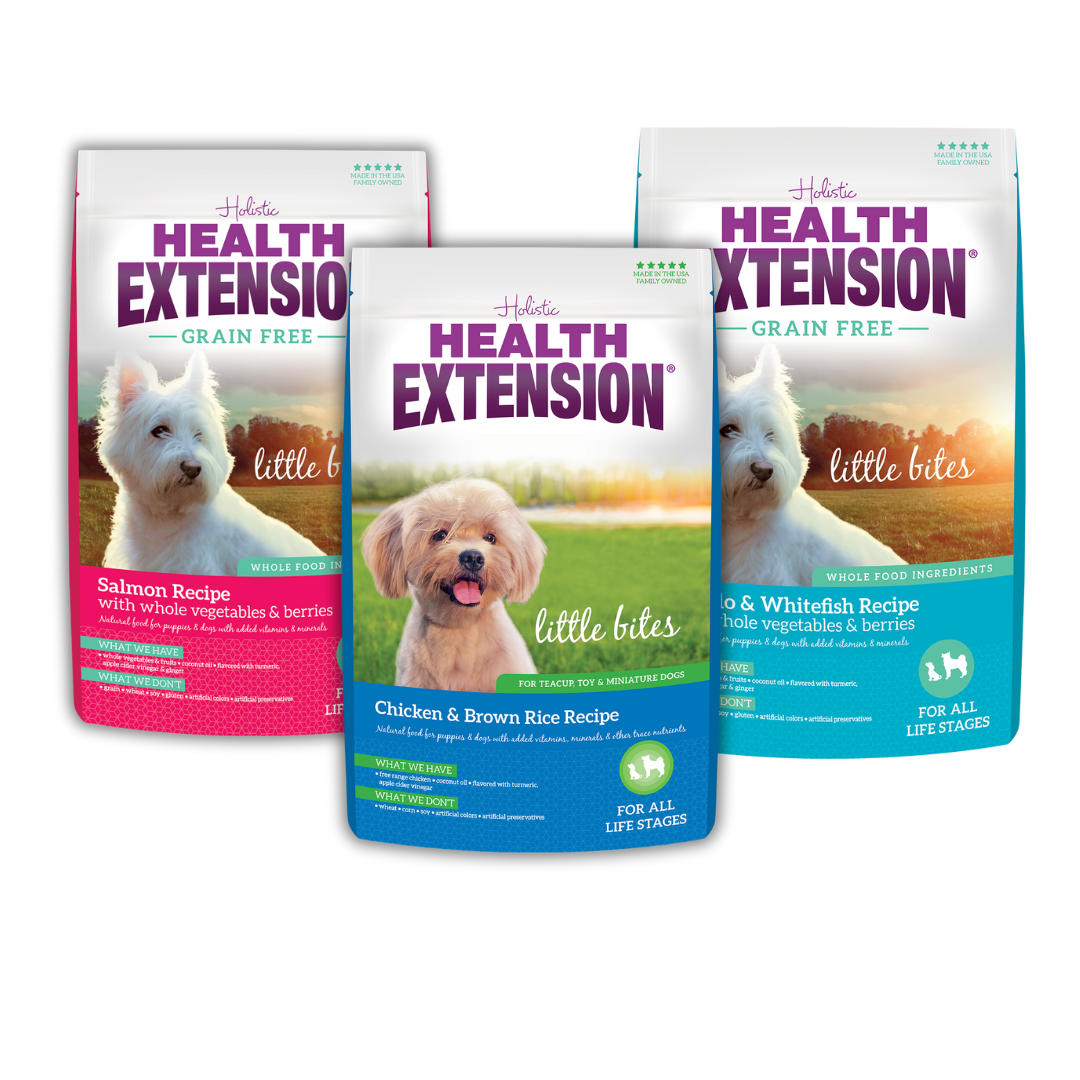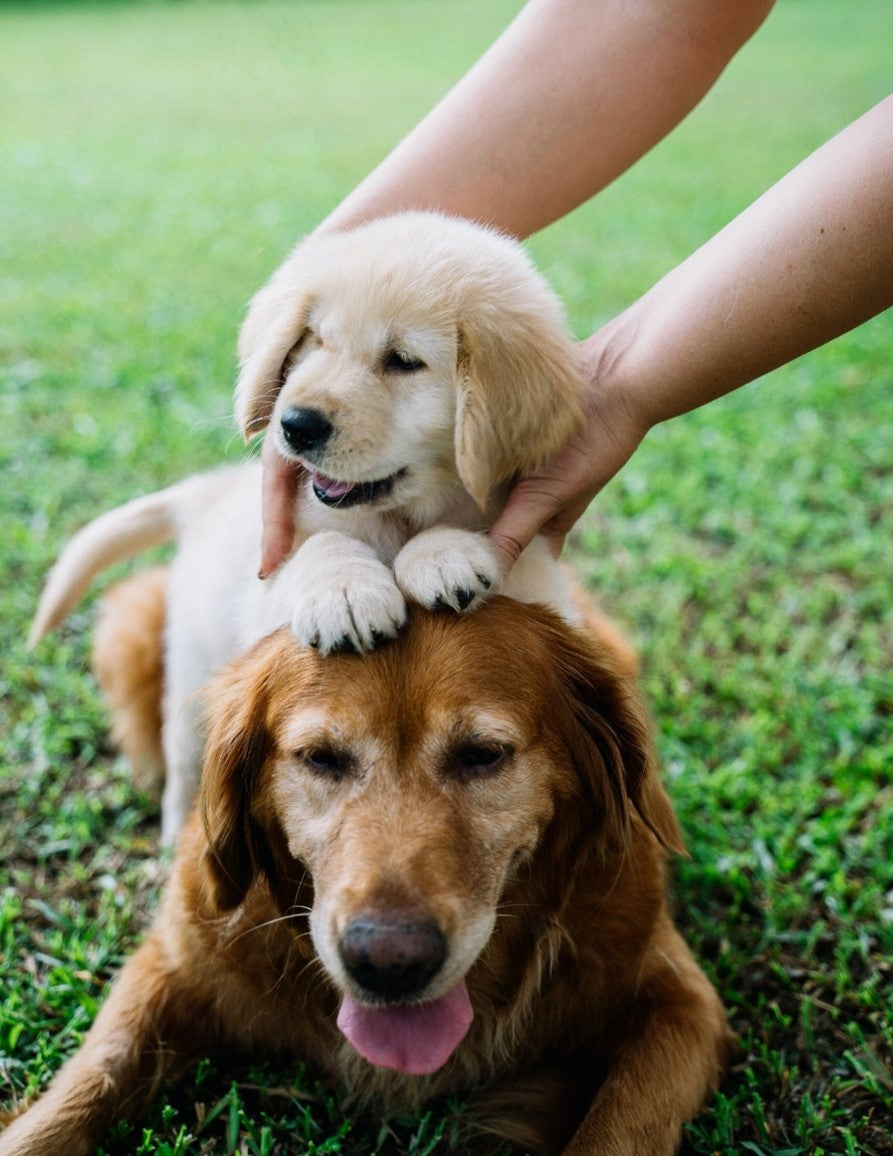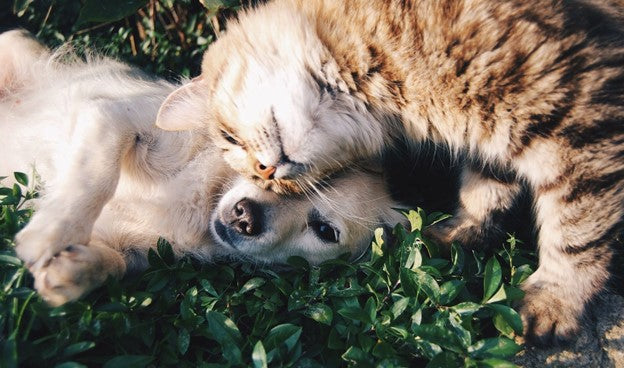Golden Retrievers are mesmerizing dogs that are popular worldwide. People cannot resist a Golden's friendly nature and alluring personality. If you are a dog lover and want to know all about the Goldies, then you are at the right place.
Stay with us and enjoy the read…
History
The original name for this breed was Yellow Retriever, originating from the Scottish Highlands in the mid-1800s, and slowly evolved to the now popularly known breed Golden Retriever. Historically, these dogs were used for several different purposes but most commonly utilized for hunting and their ability to retrieve fowl.
Both the Kennel Club of England and the American Kennel Club currently recognize the Golden. They were officially inducted in 1911 and 1925, respectively.
Physical Characteristics
Golden Retrievers are large to medium-sized charming dogs that appear powerful and symmetrical with broadheads. Most males weigh in around 75-80 lbs. with an approximate height of 21-24”, while the female, often-smaller, ranges between 55-65 lbs. and typically shorter than the males.
They have a double coat, meaning there is fluffier fur under the longer thinner hair seen on the topcoat. You can expect to see a variety in both length and color on their longer hair. It can vary from light to a golden red hue and often changes as they get older. Did you know you can get a better idea of your pup’s adult color by the hue of their ears when you bring them home? In most cases, the darker color on their ears will eventually become a close match to their topcoat. Also, as they mature, their coats grow longer and get flowy, (mostly on their tails and under skirts) but, it is generally not considered “long.” However, these beautiful locks do shed! Often twice a year you will see the worst of it as they “blow” (shed) that undercoat that helps them regulate their body temperatures. But this can help that! Health Extension offers a supplement that supports your dog’s system, reducing shedding by up to 70%! Click here to learn more about our Skin & Coat Oil and the benefits of adding it daily to your pet’s bowl.
Although not considered separate breeds, the American Golden Retrievers’ coat might look different than their cousins, British Goldens. Still the physical differences are minor, and their affectionate nature remains the same. Both have an average lifespan of about ten years, but with proper diet and exercise can get well into their teens.
Personality and Temperament
Golden Retrievers are incredibly loyal dogs. Their quirks are gentle, sweet, and playful. They are highly intelligent, making them easy to train. Despite loving the woods and parks where they can run around enjoying nature, they also enjoy spending time indoors with the family or chasing the kids around the backyard. Some of their favorite playtime activities include fetch and tug of war making them a perfect pet that the whole family can enjoy. If you have a pool or like to take them hiking, be prepared for these pups to jump straight into the water without hesitation; they love swimming and playing in water! It is probably their favorite activity.
Children, strangers, and other animals are drawn to these Golden beauties. They have the perfect balance of being calm and mellow natured yet are energetic and hardworking enough to excel in outdoor sports and professional tasks.
This breed makes people happy and content; that is why they are also commonly used for healing therapy with people suffering from PTSD, autism, and other diseases/conditions.
Care
These long-haired beauties require significant grooming, attention, and care. Frequent brushing is recommended to avoid matting and the appearance of excess shedding. Help keep their skin and coat lovely by using Health Extension’s Skin & Coat Primrose Oil. Exercise is essential for these energetic dogs. They are likely to develop undesirable behaviors if they do not get enough exercise, mainly because they get bored like children do.
They are eager to please and very loyal. That is why they are fun and easy to train. When training begins from an early age, Goldies can be very obedient, helpful dogs. Check out Health Extension’s treats to help get your Golden trained with ease and joy.
Balanced diets, like Health Extension’s Dry Dog Food Products, are necessary for their proper growth and functioning. Your Golden Retriever may have different nutritional needs depending on their size, age, level of activity, and diet. If you have questions regarding the nutritional plan to support your pups’ specific needs, consult your veterinarian or local pet food specialty center.
To keep them clean, Golden Retrievers require occasional baths, as well as regular nail trimming, teeth brushing and coat combing. Checking their ears occasionally is also important to avoid ear infections. Moisture and dirt can build up under their floppy ears causing a yeast or bacterial infection.
Health Conditions
It is essential to know about the common health conditions of the dog breed that you are considering making a part of your life. Being aware of these possible issues will help you to identify early signs of oncoming problems so you can treat them early. It will also prepare you for unexpected expenses related to future health issues. Please note, some Goldens may never experience health conditions, however, they are not limited to only the complications listed here.
Here are some conditions to be aware of:
- Hip Dysplasia: Golden Retrievers may suffer from hip dysplasia, a condition that results in pain and arthritis in the hip sockets. In dogs with symptoms of hip dysplasia, it is often difficult for them to perform simple tasks like climbing stairs or getting onto the couch. Health Extension makes a product called Joint Mobility that promotes optimal joint health for your Golden.
- Elbow dysplasia: Elbow dysplasia is a condition in which a dog suffers from a painful malformation of the elbows on the front legs, affecting their ability to run, walk, and play.
- Hyperthyroidism: A typical endocrine sickness of canines happens when the thyroid glands do not produce adequate hormones. If your dog is suffering from a thyroid issue, indications like seizures, hair loss, or lethargy can be indicators of something wrong. Seek advise from your veterinarian.
- Cancer: The common cancers reported in Goldens are Lymphosarcoma, Hemangiosarcoma, Osteosarcoma, and Mastocytoma. There is a greater risk of developing cancer if at least one parent has a predisposed condition. So, it is important to choose quality breeders that screen their dogs wisely.
In Summary
Goldens are definitely one of the most popular dog breeds in the world and it is easy to see why. They have an endearing personality, they are mesmerizing to watch, and they make great family pets. If you are looking for an all-around excellent pet that will bring joy into your life, a Golden Retriever may be the right breed for you. Have you ever owned a Golden Retriever? What was your experience like? Let us know in the comments below!
Thanks for reading!





